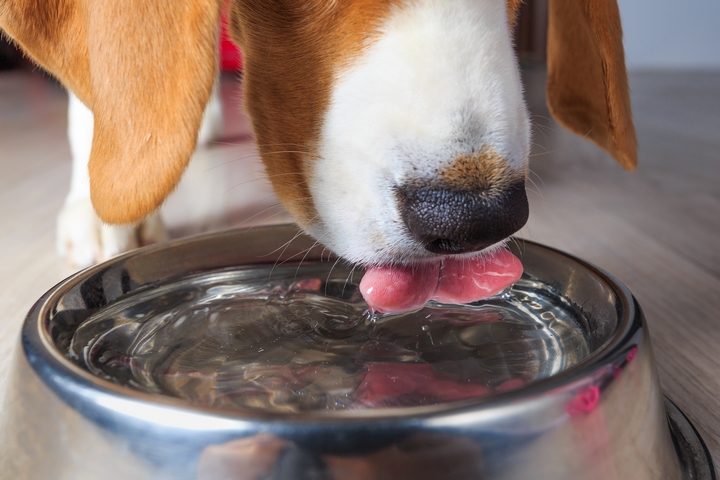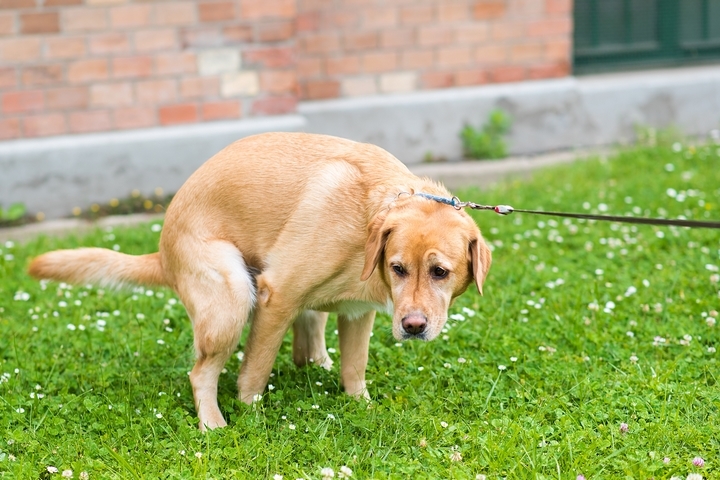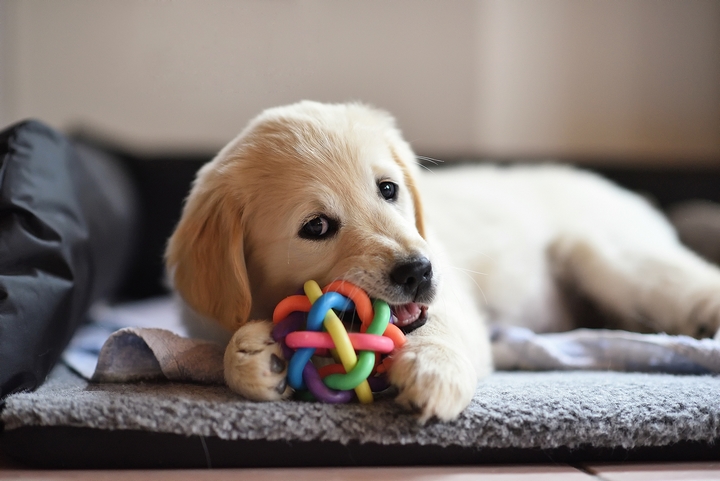One of the worst sites we can witness as a dog owner is that of your unhappy furry friend. Seeing our loved ones in a negative emotional state can make anyone feel those emotions themselves, including helplessness, discomfort, and general low energy. Like humans, dogs also feel sad, unhappy, fearful, anxious, and depressed.
As their owners, we must provide care for them, attempting to relieve them of any discomfort and depression that they may be experiencing and reinstating the positive emotions back into them.
The first step to achieving a better life for our little or big buddies is being able to tell when they are unhappy. Some of these signs may be more overt and obvious, making the identification process easier. However, true owners and friends can also pick up on some telltale signs by noticing minor changes in their daily routines and habits.
If you are a new dog owner or have never experienced this, there’s no need to worry. Firstly, we must remember that emotions are normal, including low ones! This does not mean that your pet-parenting style is bad and is not necessarily a reflection of your actions. Together, we can go through various signs that your dog may be unhappy and figure out ways to make their tails wag everywhere!
Here are five warning signs your dog is unhappy:
Sign #1: Changes in eating and drinking habits

One of the first and major signs that your dog may be unhappy is a noticeable alteration in their eating and drinking habits. Most of the time, if they are sad, their appetite will drop, and they may incur sudden weight loss. On the other hand, excessive eating or drinking could be a sign of boredom, anxiety, or even an underlying health issue. It’s important to monitor your dog’s eating habits and consult vet urgent care services if you notice any significant changes.
In such cases, we should try to change these new habits and default back to the old and healthy ones. If this continues for a prolonged time, it may have serious consequences, which could require professional medical attention. Instead of presenting them with a few large meals throughout the day, switch it up by offering them smaller snacks in shorter intervals. They may be more inclined to eat smaller portions than overwhelming, larger ones.
Ensure that they remain hydrated by offering them water. If your dog is overheating, set a stern limit on how much you allow them to nibble on. Reduce their sense of boredom by taking them out to walk and play more, and try to get rid of any stressors in the household.
Sign #2: Lower activity levels

Several dogs are full of energy and embody playfulness. If your dog is similar to this description, then a drop in their energy levels may be a call for concern. A lack of participation in their favourite activities may indicate unhappiness. Dogs thrive on mental and physical stimulation, and a lack of interest in playtime, walks, or interactions with you or other pets can indicate they are feeling down.
Perhaps the introduction of new toys, engagement in interactive games, or enrolling in doggy daycare might give them the mental and physical stimulation they need. As with human beings, constant exposure to the same thing, again and again, may lead to boredom and low emotions. Hence, care for them how you would care for yourself by allowing them to try new things and see if this cures their unhappiness!
Sign #3: Altered sleeping patterns

Changes in your dog’s sleeping patterns are another sign of unhappiness in a man’s best friend. Sleep patterns may indicate anyone’s emotional well-being, including your dogs! Indicators of positive emotional well-being would be a balanced sleep schedule, with enough hours of activity mixed with the right amount of sleep time. Excessive sleep, insomnia, or restless behaviour during sleep may be worrisome signs of unhappiness.
Establishing a consistent sleep routine, providing a comfortable bed, and ensuring a peaceful environment can help improve your dog’s sleep quality and overall happiness. The more relaxed, safe, and at peace they feel, the more likely they will rest well and regain their physical and emotional health.
Sign #4: Movement of bladder bowel movements

Any sudden changes in your dog’s bathroom habits can be a red flag for unhappiness or potential health issues. This could comprise excessive or decreased bowel and bladder activity.
Increased accidents indoors, frequent urination, or irregular bowel movements may indicate discomfort, anxiety, or even a urinary tract infection. In the case of a medical issue, it is essential to consult a veterinarian to prevent it from progressing. If no health issues are identified, however, changes in bathroom habits might reflect stress or unhappiness in your dog.
Try setting up a consistent routine for their bladder and bowel movements, and provide them with a comfortable and clean area to perform their bathroom activities.
Sign #5: Chewing, scratching, and licking

Yes, these are all normal and natural actions for dogs. However, excessive chewing, scratching, and licking may be seen as destructive behaviour. When unhappy, some dogs resort to such actions as a coping mechanism. These behaviours can lead to skin irritations or even injuries, which we should aim to restrict.
Regular grooming, ensuring a clean environment, and providing appropriate chew toys can help redirect their attention and alleviate their distress. Furthermore, it is important to let them gain access to the appropriate outlets for their energy and mental stimulation, thereby ensuring that it is on the positive and healthy side.

